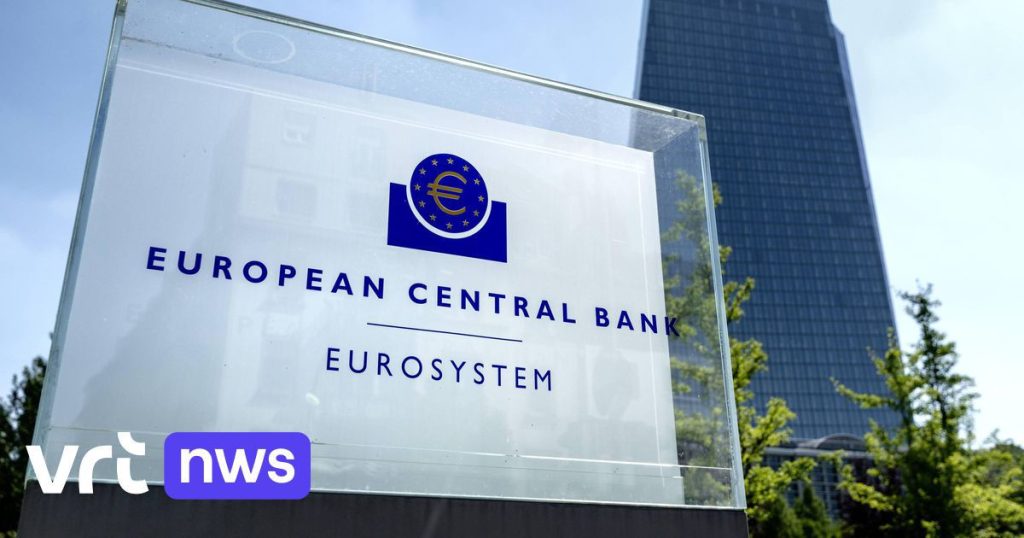The rate hike has a lot to do with the Russian invasion of Ukraine. Russia’s gas supply problems have driven up energy prices. The result: higher consumer prices in general and higher inflation.
By raising interest rates, it becomes more expensive to borrow, which makes individuals and businesses less inclined to borrow money. Higher interest rates make people save more and consume less, and make borrowing and investing more expensive for businesses. As a result, the economy will slow down and inflation may fall somewhat and prices may fall again. According to analysts, it could be up to a year before a rate hike will affect inflation. The flip side of the coin is that the chance of a recession, a period of economic downturn, is increasing.
The European Central Bank raises the short-term interest rate, which is the rate at which banks can deposit short-term funds with the central bank. It remains to be seen whether interest rates on savings accounts will rise. This decision rests with the various banks. Some small banks have already raised interest rates somewhat, but so far no movement has been detected in the big banks.

“Total coffee specialist. Hardcore reader. Incurable music scholar. Web guru. Freelance troublemaker. Problem solver. Travel trailblazer.”







More Stories
Bitcoin price rises after new jobs data from US
European stock markets open higher | beursduivel.be
Russia’s oil imports to China decline